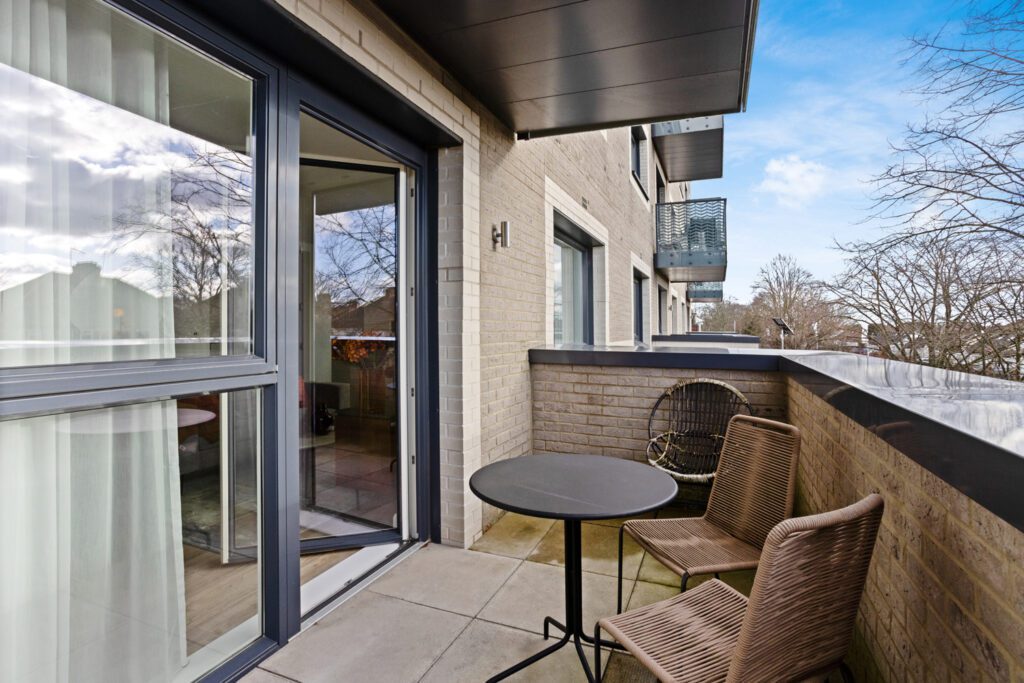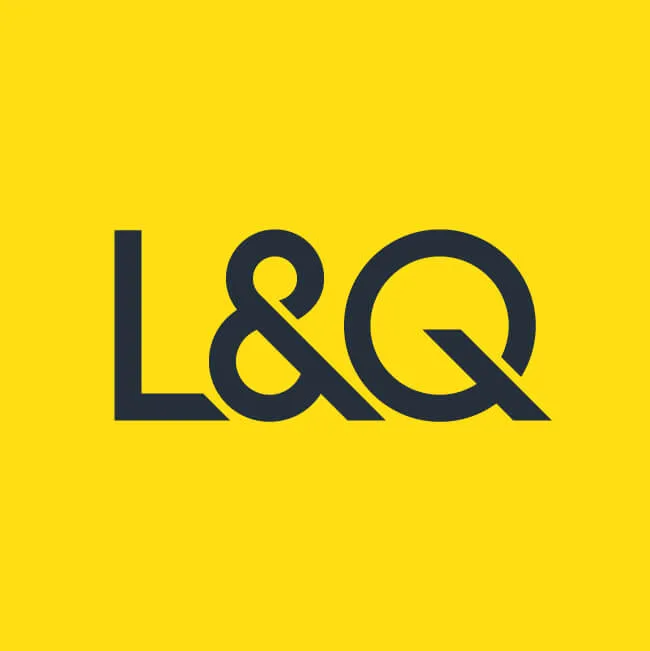
London Living Rent at L&Q at Hayes Village
1 x one bedroom apartment returned to market and more 1, 2 & 3 bedroom London Living Rent apartments coming soonFind out more about L&Q at Hayes Village
Winner of the Bronze Award in the What House Awards 2023
For the Best Starter Home Scheme

What is London Living Rent?
Funded by the Mayor of London, London Living Rent is a Government-backed scheme that enables you to rent a home at a discounted rate compared to renting a similar property privately. This helps you to save additional money each month, which can go towards buying a home through Shared Ownership.
Wondering if London Living Rent is right for you?
Watch what one of our tenants has to say about renting with L&Q on the London Living Rent scheme.
Eligibility Criteria:
You must:
- Be able to provide one month’s rent in advance and five weeks rent as a tenancy deposit
- Have the right to rent – proven by possession of British/EU/EEA Citizenship or a valid UK residency visa
- Meet the minimum income and affordability standards – this will depend on the price of the home you are interested in
- The minimum income for a one bedroom home is £39,935, £45,760 for a two bedroom home and £49,920 for a three bedroom home based on a joint application.
- The minimum income for a one bedroom home is £46,195, £52,330 for a two bedroom home and £57,225 for a three bedroom home based on a single application.
- Please note these rental figures represent the new values provided by the Greater London Authority (GLA) for 2025-2026. They will apply to any move ins that take place on or after 14th April 2025.
- Minimum income requirements should be used as a guide and can vary depending on a household’s circumstances and financial commitments. On joint applications, please note both applicants must be in employment
- Have a formal tenancy (for example, in the private rented sector) or live in an informal arrangement with family or friends as a result of struggling with housing costs
- Shared Ownership eligibility criteria will apply on your London Living Rent home, L&Q cannot guarantee you will meet future affordability requirements should you wish to buy a Shared Ownership home
You must not:
- Already own a property or be in the process of buying
- Have a household income that exceeds £67,000
- Have an adverse rental history, for example, rent arrears or damage to a property
- Have a history of bankruptcy, defaults which include late payments, county court judgments (CCJs) or Individual Voluntary Agreements (IVAs).
- Have exceeded your agreed overdraft amount or gone into overdraft without having an agreed overdraft in place
*Please note these rental figures represent the new values provided by the Greater London Authority (GLA) for 2025-2026. They will apply to any move ins that take place on or after 14th April 2025.





